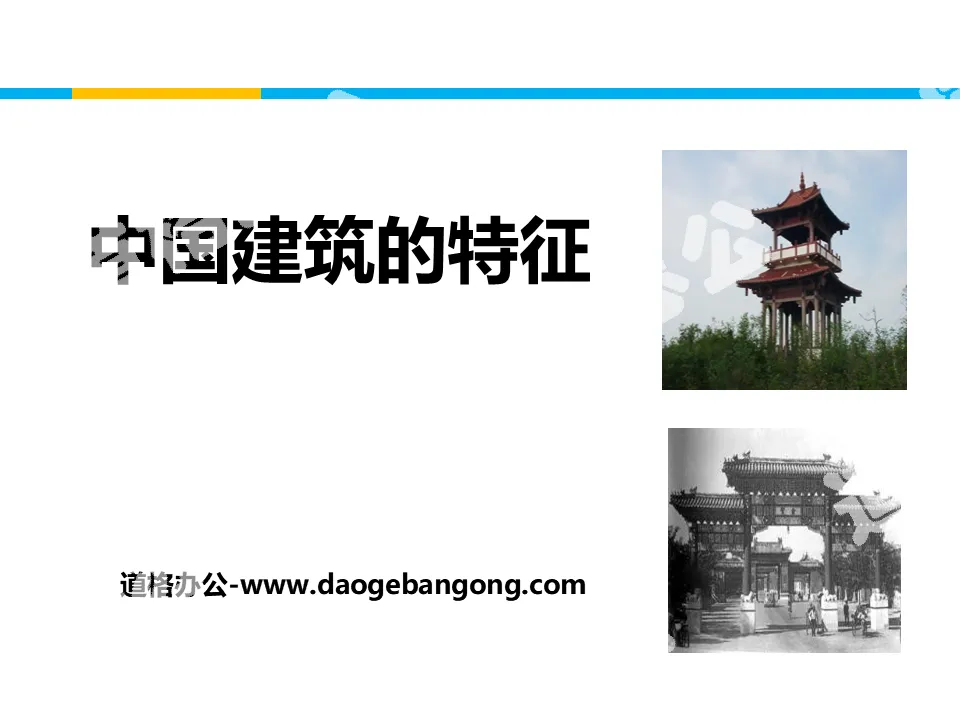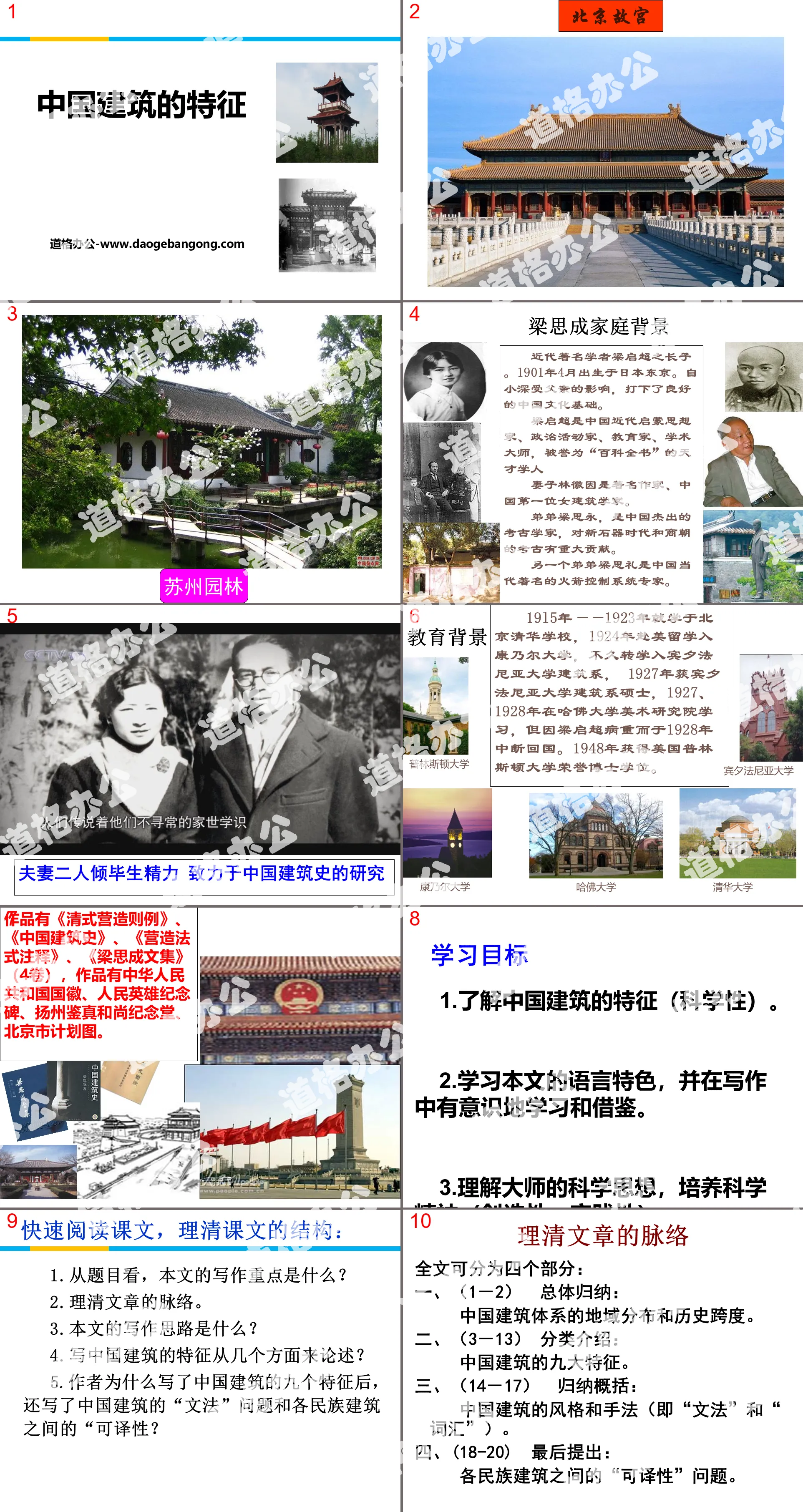The second volume of first-grade Chinese compiled by the People's Education Publishing House
The second volume of fifth-grade Chinese compiled by the People's Education Publishing House
The first volume of Chinese language for eighth grade compiled by the People's Education Publishing House
The first volume of first-grade Chinese compiled by the People's Education Publishing House
The first volume of ninth-grade Chinese compiled by the People's Education Publishing House
The first volume of fourth-grade Chinese compiled by the People's Education Publishing House
The first volume of Chinese language for sixth grade compiled by the People's Education Publishing House
The second volume of Chinese language for eighth grade compiled by the People's Education Publishing House
The first volume of Chinese language for fifth grade compiled by the People's Education Publishing House
The first volume of second-grade Chinese compiled by the People's Education Publishing House
Hunan Education Edition Third Grade Chinese Language Volume 1
The second volume of fourth-grade Chinese compiled by the People's Education Publishing House
The second volume of second-grade Chinese compiled by the People's Education Publishing House
The first volume of third-grade Chinese compiled by the People's Education Publishing House
The second volume of Chinese language for sixth grade compiled by the People's Education Publishing House
The second volume of seventh-grade Chinese compiled by the People's Education Publishing House

| Category | Format | Size |
|---|---|---|
| People's Education Press High School Chinese Compulsory Course Five | pptx | 6 MB |
Description
"Characteristics of Chinese Architecture" PPT download
Part One: Liang Sicheng’s family background
The eldest son of Liang Qichao, a famous scholar in modern times. Born in April 1901 in Tokyo, Japan. He has been deeply influenced by his father since he was a child and has laid a good foundation of Chinese culture.
Liang Qichao is a modern Chinese enlightenment thinker, political activist, educator, and academic master. His wife Lin Huiyin, a genius scholar known as the "Encyclopedia", is a famous writer and China's first female architect.
His younger brother Liang Siyong is an outstanding archaeologist in China and has made significant contributions to the archeology of the Neolithic Age and the Shang Dynasty.
Another younger brother, Liang Sili, is a famous contemporary rocket control system expert in China.
Education background
From 1915 to 1923, he studied at Tsinghua School in Beijing. In 1924, he went to the United States to study at Cornell University. Soon he transferred to the Department of Architecture at the University of Pennsylvania. In 1927, he received a master's degree in Architecture from the University of Pennsylvania. In 1927 and 1928, he studied at the Graduate School of Fine Arts of Harvard University. , but his return to China was interrupted in 1928 because Liang Qichao was seriously ill. In 1948, he received an honorary doctorate from Princeton University.
Characteristics of Chinese Architecture PPT, Part 2: Learning Objectives
1. Understand the characteristics of Chinese architecture (scientific).
2. Learn the language features of this article and consciously learn and draw from them in writing.
3. Understand the scientific thoughts of masters and cultivate scientific spirit (creativity and practicality).
Characteristics of Chinese Architecture PPT, Part 3: Read the text quickly and clarify the structure of the text:
1. Judging from the title, what is the focus of this article?
2. Clarify the context of the article.
3. What is the idea behind writing this article?
4. How many aspects can you describe the characteristics of Chinese architecture?
5. After writing about the nine characteristics of Chinese architecture, why did the author also write about the "grammatical" issues of Chinese architecture and the "translatability" between the architectures of various ethnic groups?
Characteristics of Chinese Architecture PPT, Part 4: Clarify the context of the article
The full text can be divided into four parts:
1. (1-2) Overall summary:
The geographical distribution and historical span of Chinese architectural systems.
2. (3-13) Classification introduction:
Nine characteristics of Chinese architecture.
3. (14-17) Summary:
Style and technique (i.e. "grammar" and "vocabulary") of Chinese architecture.
4. (18-20) Finally, it is proposed:
The problem of "translatability" between the architecture of various ethnic groups.
Characteristics of Chinese Architecture PPT, Part 5: Partial Learning
Part One: Questions and Thoughts
What is the spatial and temporal distribution of China’s architectural system?
(1) Spatial distribution: starting from Congling in the west, Japan and Korea in the east, Vietnam and Myanmar in the south, and Heilongjiang in the north, including the area of the Mongolian People's Republic.
(2) Time distribution: The Yin Dynasty ruins excavated by archaeologists prove that by the 15th century BC at the latest, the Chinese architectural system had been basically formed, and its basic characteristics have been retained until modern times.
Part 2: Characteristics of Chinese Architecture
(1) Three-dimensional composition:
A single building is generally composed of three main parts: the base, the main body (house) and the roof from bottom to top.
(2) Floor plan:
The building complex ("house") is symmetrical, with the main house facing south and having a courtyard.
(3) Timber structure:
Composed of columns and beams, the walls are not load-bearing and doors and windows can be set freely.
(4) Dougong: At the intersection of columns and beams, they are protruded layer by layer to reduce shear force and are decorative.
(5) Lift and fold:
The beams are multi-layered, with the upper layer shorter than the next, and the low columns between the two layers gradually getting taller. The lifting frame forms the slope and curved surface of the roof, causing the four corners to tilt up.
Characteristics of Chinese Architecture PPT, Part Six: Class Summary
After studying this article by Mr. Liang Sicheng, I believe that everyone has a deeper understanding of the architecture of our motherland. In his article, Mr. Liang Sicheng repeatedly expressed his strong national spirit and patriotic feelings. By reading this short paper, we can also feel Mr. Liang Sicheng's strong national feelings and elegant aesthetic realm.
Characteristics of Chinese Architecture PPT, Part 7 Content: Assignment:
1. Urban modernization is imperative. Is it really incompatible and diametrically opposed to traditional architecture?
2. Which one do you prefer between modern Chinese architecture and traditional architecture? Why?
Keywords: Free download of PPT courseware for high school Chinese compulsory course five from the People's Education Press, PPT download of characteristics of Chinese architecture, .PPT format;
For more information about the "Characteristics of Chinese Architecture" PPT courseware, please click the "Characteristics of Chinese Architecture" ppt tag.
"Characteristics of Chinese Architecture" PPT courseware download:
"Characteristics of Chinese Architecture" PPT courseware download part one content: Introduction to the new lesson There is a statue in the Tsinghua University Garden in Beijing, which is known as the twelfth statue in this famous university: the elegant Mr. Liang Sicheng, wearing a pair of glasses, looking straight Smiling slightly, calmly, calmly...
"Characteristics of Chinese Architecture" PPT teaching courseware:
"Characteristics of Chinese Architecture" PPT teaching courseware Part One: Introduction of new knowledge Liang Sicheng (19011972), a famous Chinese architect and professor of Tsinghua University. The main designer of the National Emblem of the People's Republic of China and the Monument to the People's Heroes. If you criticize one person by mistake, there will be many consequences...
"Characteristics of Chinese Architecture" PPT courseware:
"Characteristics of Chinese Architecture" PPT courseware Part One Content: Author's Window Liang Sicheng (19011972), a native of Xinhui, Guangdong Province, was born in Tokyo, Japan, his father Liang Qichao. Graduated from Tsinghua School in 1923. From 1924 to 1927, he studied architecture at the University of Pennsylvania in the United States..
File Info
Update Time: 2024-11-21
This template belongs to Chinese courseware People's Education Press High School Chinese Compulsory Course Five industry PPT template
"Characteristics of Chinese Architecture" PPT download Simple campus recruitment activity planning plan summary enterprise and institution recruitment publicity lecture PPT template is a general PPT template for business post competition provided by the manuscript PPT, simple campus recruitment activity planning plan summary enterprise and institution recruitment promotion Lecture PPT template, you can edit and modify the text and pictures in the source file by downloading the source file. If you want more exquisite business PPT templates, you can come to grid resource. Doug resource PPT, massive PPT template slide material download, we only make high-quality PPT templates!
Tips: If you open the template and feel that it is not suitable for all your needs, you can search for related content "Characteristics of Chinese Architecture" PPT download is enough.
How to use the Windows system template
Directly decompress the file and use it with office or wps
How to use the Mac system template
Directly decompress the file and use it Office or wps can be used
Related reading
For more detailed PPT-related tutorials and font tutorials, you can view: Click to see
How to create a high-quality technological sense PPT? 4 ways to share the bottom of the box
Notice
Do not download in WeChat, Zhihu, QQ, built-in browsers, please use mobile browsers to download! If you are a mobile phone user, please download it on your computer!
1. The manuscript PPT is only for study and reference, please delete it 24 hours after downloading.
2. If the resource involves your legitimate rights and interests, delete it immediately.
3. Contact information: service@daogebangong.com
"Characteristics of Chinese Architecture" PPT download, due to usage restrictions, it is only for personal study and reference use. For commercial use, please go to the relevant official website for authorization.
(Personal non-commercial use refers to the use of this font to complete the display of personal works, including but not limited to the design of personal papers, resumes, etc.)
Preview










